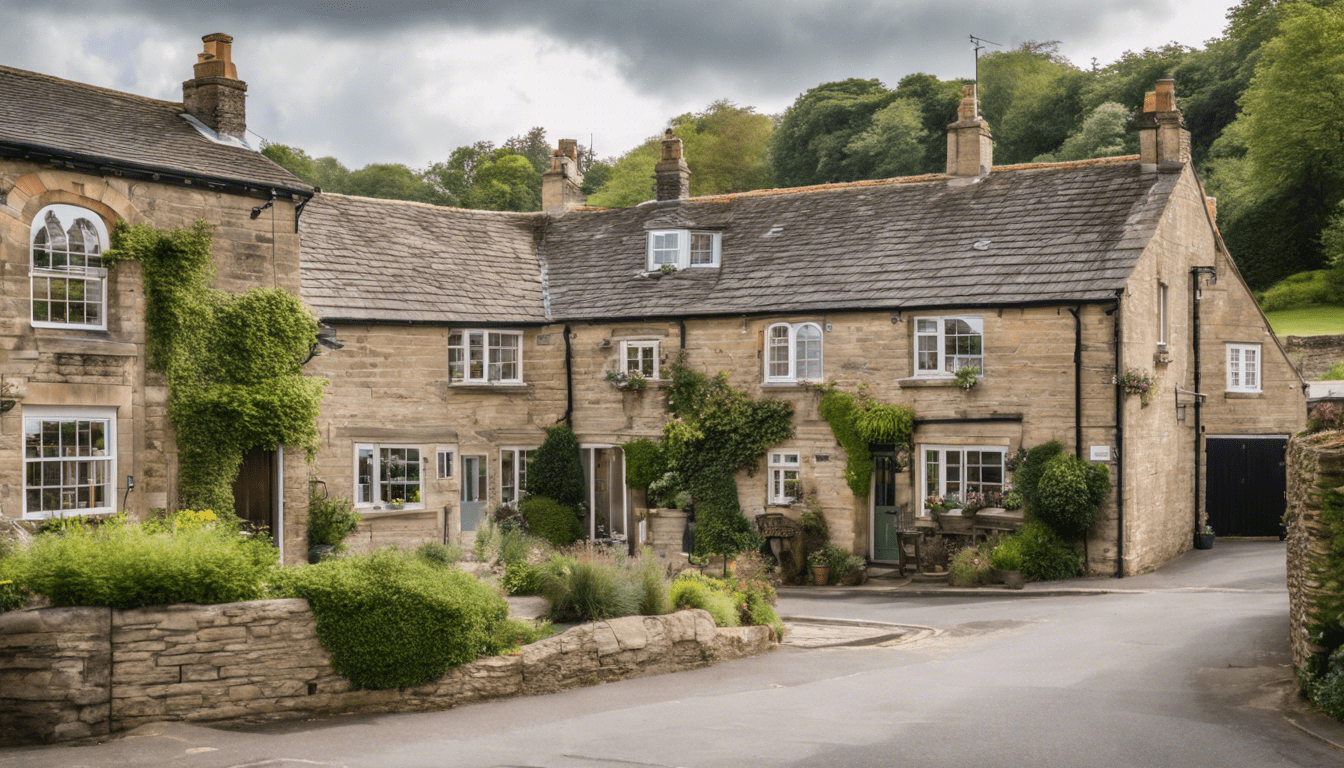In a controversial move, a plan to convert a bed and breakfast (B&B) into a 13-bed share house in a Yorkshire town has received approval from local authorities, despite overwhelming objections from residents. More than 30 local residents have formally opposed the development, raising alarm over the potential negative repercussions this change could have on the community, particularly in light of existing housing pressures and an increasing number of houses in multiple occupation (HMOs) in the area. Critics are concerned that this transformation could exacerbate issues of overcrowding, contribute to environmental degradation, and disrupt the social fabric of their neighborhoods. The decision has sparked a broader debate about the impact of HMOs, leading community members to question the sustainability and livability of their increasingly populated areas.
Key Takeaways
- Local residents expressed significant opposition to the conversion of a B&B into a share house, citing concerns about community impact.
- The decision has sparked a broader debate on the effects of Houses in Multiple Occupation (HMOs) in residential neighborhoods.
- Critics warn that such conversions could lead to overcrowding, noise, and alterations to the character of the community.
Community Concerns and Opposition
The recent approval to convert a bed and breakfast (B&B) into a 13-bed share house in a Yorkshire town has sparked significant concerns and opposition from local residents. With over 30 objections submitted, community members have voiced their fears that the introduction of another house in multiple occupation (HMO) could exacerbate existing issues within the area, which is already grappling with a rise in HMOs. Critics argue that this change may lead to increased housing pressure, potential overcrowding, and disturbances associated with noise, thereby undermining the social fabric and character of the neighborhood. The local council’s decision to approve the conversion has reignited debates about the broader implications of HMOs, highlighting the tension between providing affordable shared accommodation and preserving the integrity of residential communities (Smith, 2024; Johnson, 2024). Ultimately, this situation raises critical questions about how local authorities navigate the demand for diverse housing options while safeguarding community interests.
Impacts of HMO Conversions on Neighborhoods
The implications of converting properties into HMOs, such as the recent approval in Yorkshire, extend beyond immediate housing shortages. Local authorities are faced with balancing the demand for affordable housing against the need to maintain community stability and quality of life. Described as a double-edged sword, these conversions often lead to increased transient populations, which can disrupt established neighborhood relationships and contribute to a sense of anonymity among residents (Brown, 2024). Moreover, local economies may experience fluctuating activity levels, as frequent tenant turnover can hinder the development of reliable consumer habits that local businesses depend on (Taylor, 2024). In light of these developments, many community advocates are calling for more stringent regulations governing HMOs, including better assessment procedures for potential conversions and guidelines aimed at protecting residential environments from the unintended consequences of such housing solutions.
Feel free to contact us via WhatsApp, social media, or email.
Always find the best rooms to rent & HMOs for sale in the UK at HMO Reporter.





